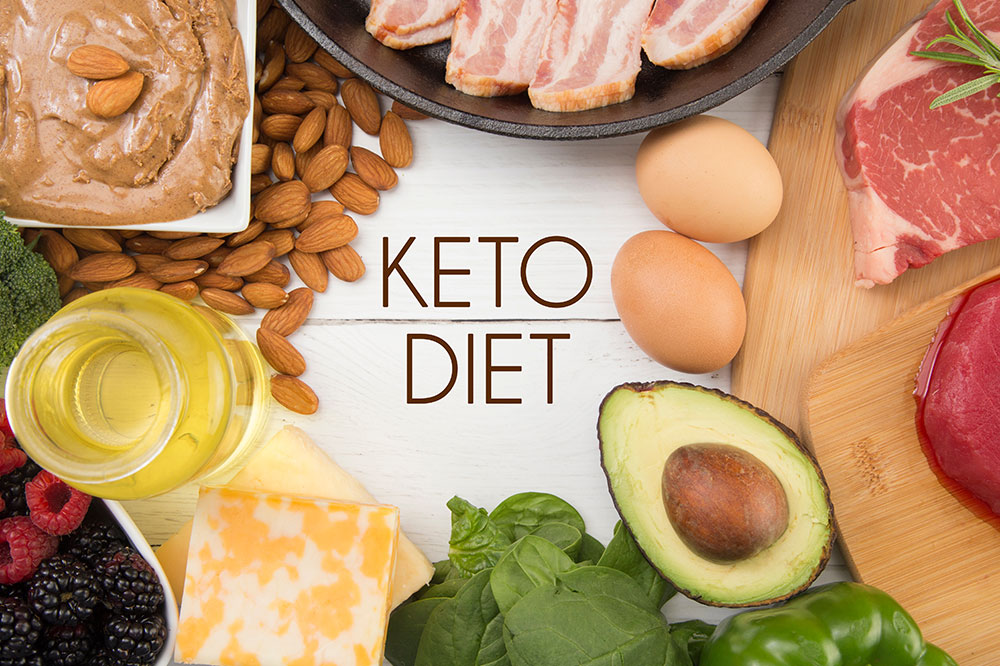Optimized Dietary Practices for Enhanced Epilepsy Control
This article explores essential dietary strategies for epilepsy management, emphasizing personalized nutrition plans like the Ketogenic and Low Glycemic Index diets. It highlights the importance of avoiding certain additives and processed foods, promoting steady energy levels, and consulting healthcare professionals to optimize seizure control through diet. A balanced approach supports overall health and reduces seizure risk, making nutrition a key component in epilepsy care.

Effective epilepsy management extends beyond medication to include strategic nutrition. A balanced, nutrient-dense diet can decrease seizure episodes and boost general health. While no specific foods directly cause seizures, proper nutrition supports brain function and energy sustainability. It’s essential to consult healthcare professionals before implementing dietary changes for safety. Diet regimens like the Ketogenic, MCT, Atkins, or Low Glycemic Index diets have proven benefits in controlling seizures, highlighting the significance of personalized nutrition plans tailored for individuals with epilepsy.
Understanding Dietary Impact on Epilepsy
A nutritious diet influences epilepsy by promoting overall wellness and lowering seizure risks. Consuming a variety of essential nutrients supports sleep, energy, and mental clarity. Although specific foods aren’t known to trigger seizures, it’s advisable to avoid additives like preservatives, artificial colors, and MSG that may increase seizure vulnerability. Limiting sugar and processed foods helps prevent energy fluctuations that could affect seizure control. Always seek medical guidance before making dietary adjustments.
Key Tips for a Seizure-Friendly Diet
The Ketogenic diet, high in fats and low in carbs, encourages ketone production, aiding seizure reduction—consistency is crucial.
The MCT diet uses oil supplements to offer flexible meal options by providing fats, reducing carbohydrate restrictions.
The Atkins diet, similar to Keto, provides a lower carbohydrate, higher protein approach with adaptable food choices.
The Low Glycemic Index diet emphasizes foods that provide slow energy release, such as whole grains, vegetables, and fruits, without limiting protein or fluids.
Eating fibrous foods like oats, brown rice, and vegetables helps stabilize blood sugar levels. Avoid processed snacks, sugary items, white bread, and overly ripe fruits. Be cautious of substances like artificial sweeteners, food colors, and preservatives that may aggravate epilepsy. Certain fruit juices, including grapefruit and pomegranate, can interact with medication, so consumption should be moderated. Caffeinated beverages can stimulate the nervous system and potentially heighten seizure risk. Consulting your healthcare provider before major dietary changes ensures optimal epilepsy management.


